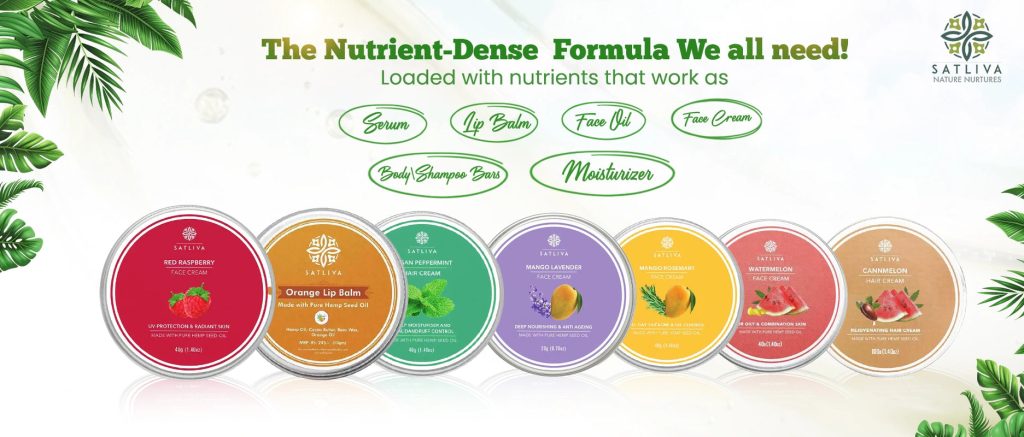In recent years, there has been a surge in the popularity of essential oils and their many benefits. These potent plant extracts have been used for centuries in traditional medicine and aromatherapy practices, and are now becoming more mainstream in homes around the world. However, when it comes to using essential oils safely at home, there are a few important guidelines to keep in mind.
First and foremost, it’s crucial to remember that essential oils are highly concentrated substances, and can be harmful if used incorrectly. Some essential oils can cause allergic reactions, skin irritations, or even toxicity if ingested or applied improperly. To ensure that you are using essential oils safely and effectively, here are some tips to keep in mind.
1. Dilute Your Essential Oils
One of the most important guidelines for using essential oils safely is to always dilute them before applying them to the skin. Most essential oils are too strong to be used on their own, and can cause skin irritations or sensitivities if applied directly. To dilute essential oils, mix a few drops with a carrier oil such as coconut oil, almond oil, or olive oil. The general rule of thumb is to use a 2-5% dilution for adults, and a 1% dilution for children or individuals with sensitive skin.
2. Perform a Patch Test
Before using a new essential oil, it’s a good idea to perform a patch test on a small area of skin to check for any allergic reactions or sensitivities. To do a patch test, mix a small amount of the essential oil with a carrier oil, and apply it to the inside of your wrist or elbow. Wait 24 hours to see if any redness, itching, or irritation occurs before using the essential oil more extensively.
3. Use Caution with Pregnant Women and Children
Certain essential oils can be harmful to pregnant women, nursing mothers, or young children. It’s important to do your research and consult with a healthcare provider before using essential oils during pregnancy or on children. Some essential oils to avoid during pregnancy include basil, birch, clary sage, juniper, and rosemary. When using essential oils on children, always use a lower dilution and choose gentle oils such as lavender, chamomile, or mandarin.
4. Avoid Ingesting Essential Oils
While some essential oils are safe to ingest in small amounts, it’s generally best to avoid ingesting essential oils unless under the guidance of a trained aromatherapist or healthcare provider. Ingesting essential oils can cause irritation to the digestive tract, liver toxicity, or interactions with medications. If you choose to ingest essential oils, always use them in small amounts and dilute them in water or a carrier oil.
5. Store Essential Oils Properly
To ensure the longevity and potency of your essential oils, it’s important to store them properly. Keep your essential oils in dark glass bottles away from direct sunlight, heat, and humidity. Store them in a cool, dark place such as a cabinet or drawer, and make sure the lids are tightly closed to prevent oxidation. Properly storing your essential oils will help maintain their quality and effectiveness.
6. Use Essential Oils in a Well-Ventilated Space
When diffusing essential oils in your home, make sure to do so in a well-ventilated space. Essential oils release volatile organic compounds (VOCs) into the air, which can be harmful if inhaled in large quantities. To prevent respiratory irritation or sensitivities, use essential oils in a well-ventilated room and follow the manufacturer’s instructions for diffusing.
7. Be Mindful of Sensitivities and Allergies
Some individuals may be more sensitive to certain essential oils than others, and may experience allergic reactions or sensitivities when using them. If you have a history of sensitivities or allergies, it’s important to be cautious when using essential oils, and always perform a patch test before applying them to the skin. If you experience any adverse reactions, discontinue use and consult with a healthcare provider.
In conclusion, essential oils can be a powerful tool for health and wellness when used safely and effectively. By following these guidelines for using essential oils at home, you can enjoy their many benefits while minimizing the risk of adverse reactions or side effects. Remember to always dilute your essential oils, perform patch tests, use caution with sensitive populations, avoid ingesting essential oils, store them properly, use them in a well-ventilated space, and be mindful of sensitivities and allergies. With proper care and attention, you can incorporate essential oils into your daily routine in a safe and effective way.

